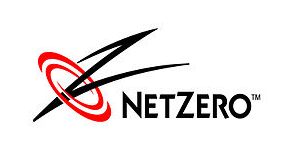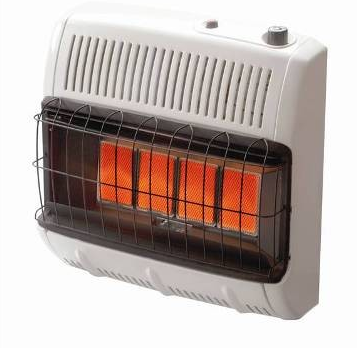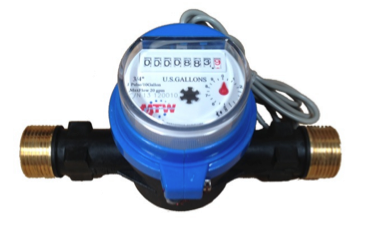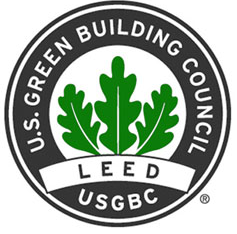We began to market our “green” efforts as we implemented them at our properties. Not because potential residents were requesting the information, but because we wanted to stand out from our competition We wanted the current and potential residents to know that we had taken steps to save them money. So, we started educating the…
Category: Regulations
Benchmarking Requirements and ENERGY STAR®
Are you up to date on the mandatory energy benchmarking rules? Many cities around the country are requiring multifamily properties to report their utility usage for benchmarking purposes and many more cities are expected to follow suit. EPA created ENERGY STAR Portfolio Manager®, an online tool to measure and track energy and water consumption,…
Water Billing Issues in Atlanta GA
DeKalb County GA, Division of Watershed Management has been undercharging customers for water and sewer. Some owner/managers have received large bills, including back charges. If you have properties in served by this utility, watch your utility bills closely for back charges or long periods of estimations. The links below provide some history and a recent…

Zero Net Energy Communities – Say What?!
You may have heard the term “Zero New Energy” (ZNE) or “Net Zero” used to describe apartment communities recently. Perhaps you heard this and were thinking to yourself, “say what?!” Simply stated, a Zero Net Energy community or building is one that, on an annual basis, produces as much or more energy than it consumes….

INTERRUPTIBLE SERVICE FOR GAS HEAT
There are gas boilers that are installed in buildings that have a back-up system (either oil or electric) which allow you to pay a lower rate than general service. These are classed as interruptible with your local utility (IS or ISS). These interruptions often take place when the temperatures drop to single digits and the…

Tying Sustainability and Efficiency Into Daily Operations
As industry professionals responsible for managing utility programs and ancillary services departments, we all tend to think about “big picture” and “high level” items. However, it is important to consider what our sites are doing on a daily operational level to support and reinforce some of the larger sustainability and cost savings initiatives that we…

Submetering: A Proven Conservation Measure
If your property currently includes water and sewer in the rent or uses a flat-fee billing, one of the best conservations measures available is to implement either a RUBS or submeter billing program. Studies and experience has shown that residents will conserve water when presented with an individual bill. You can expect savings of 15-30%…

Understanding New Markets
What do you do when your company decides to enter a new market? Depending on the market, you may start by panicking. Once you regain your composure, it’s time to get to work. Gathering data on local billing regulations is a must. If you are buying existing assets, you can’t assume the previous owner was…

LEED Certification in Multifamily – Does it matter?
For commercial buildings, studies have shown that LEED buildings have lower operating costs and better air quality than non-LEED certified buildings. For multifamily properties, the LEED certification process is a new trend and seems to be driven by market conditions or client demand. Millenials make up a huge part of the apartment industry and are…

Benchmarking Water Bills – Are water saving retro fits worth the cash out lay when residents pay the bill?
Benchmarking your average water bills to other communities in your zip code area is an excellent way to determine your competitiveness. Resident retention can be directly tied to many metrics at a community and the price of water per month is definitely at the top of the list in many markets. Quantifying a retrofit program…